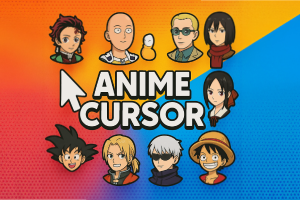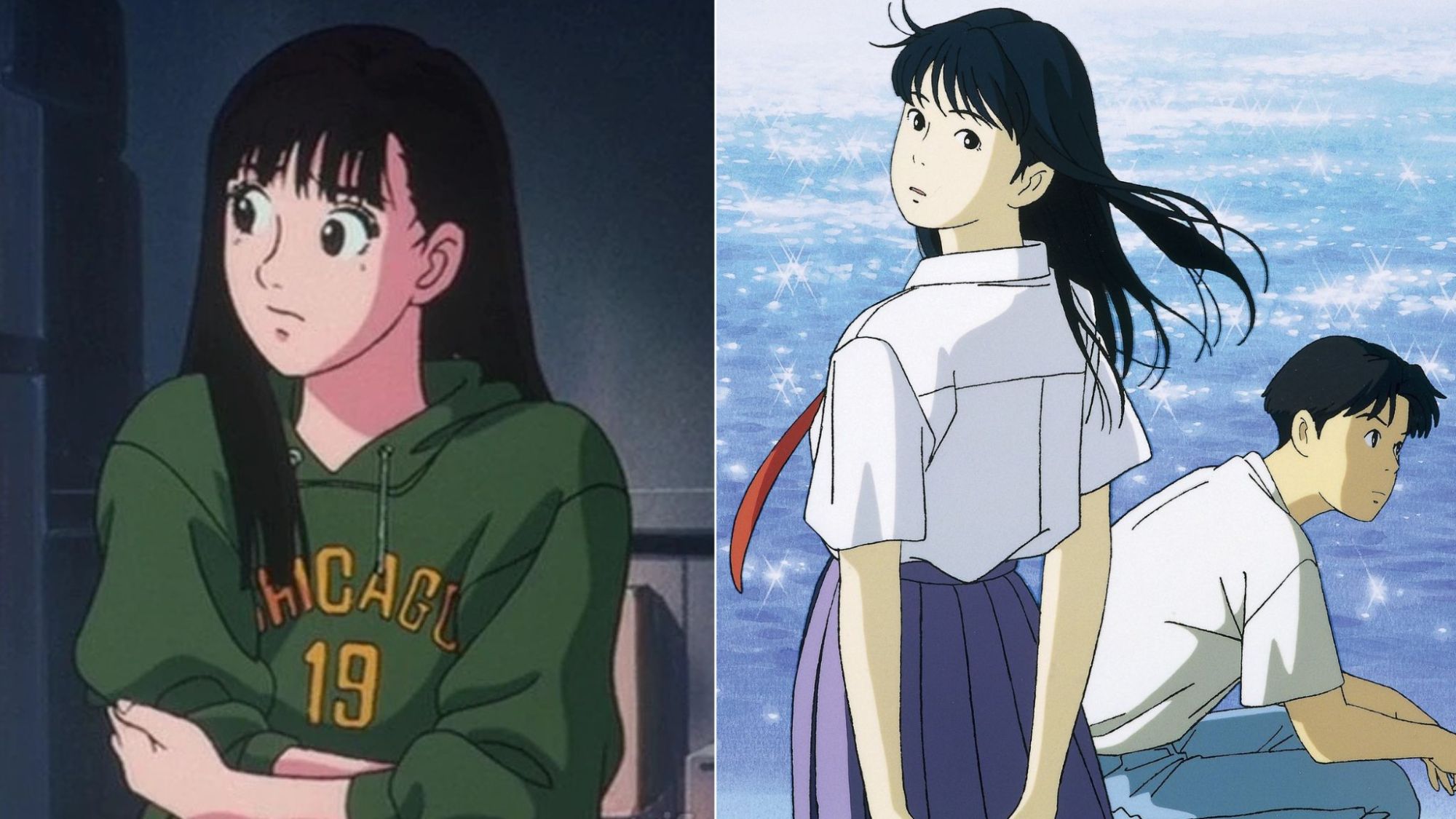
The 1990s represented anime’s rebellious adolescence. It was a wildly experimental era when creators pushed boundaries with unprecedented creative freedom before corporate consolidation and committee-driven production models took hold. While Ghost in the Shell and Princess Mononoke secured their legacies through critical acclaim, equally revolutionary works remain criminally underseen despite their profound influence on filmmakers like Christopher Nolan and Darren Aronofsky.
These films emerged during anime’s brief “golden window” when international interest was rising but before the industry became overwhelmingly focused on marketable franchises. The most deserving reboot candidates from this era aren’t necessarily the most successful films but those whose innovative concepts were limited by the technical constraints of their time. What these films share isn’t just technical ambition but a willingness to trust adult audiences with complex narratives that didn’t spoon-feed explanations or moralize their conclusions. It’s a refreshing approach sorely missing in today’s algorithm-optimized entertainment landscape.
5. Ocean Waves
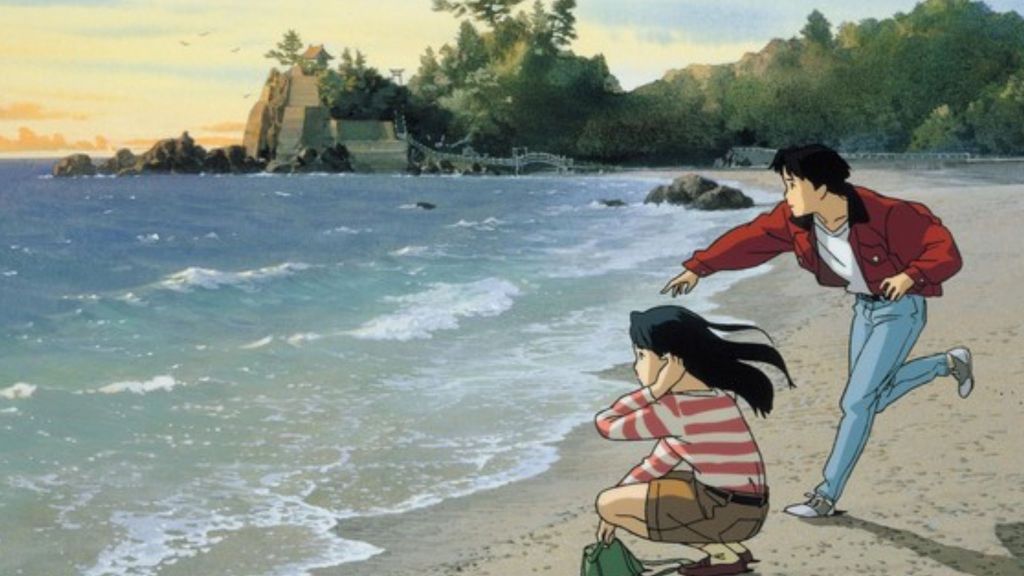
What if the most turbulent ocean in high school wasn’t the sea, but the quiet riptides between three friends who can’t say what they feel? Ocean WavesStudio Ghibli’s quiet and understated gem, tells the story of Taku, a high school student in a sleepy seaside town, and his complicated relationship with Rikako, a transfer student whose presence disrupts the bonds of friendship and stirs unspoken feelings.
Unlike Ghibli’s fantastical tales, this is a grounded exploration of adolescence, love, and the bittersweet pangs of growing up. Told largely in flashback at their class reunion, it’s a small, observational coming‑of‑age story. A reboot of Ocean Waves is long overdue, especially since its subtle brilliance has been overshadowed by Ghibli’s more iconic works like Spirited Away. In today’s era of hyper-connected youth, the story’s timeless themes of miscommunication and longing would feel even more poignant.
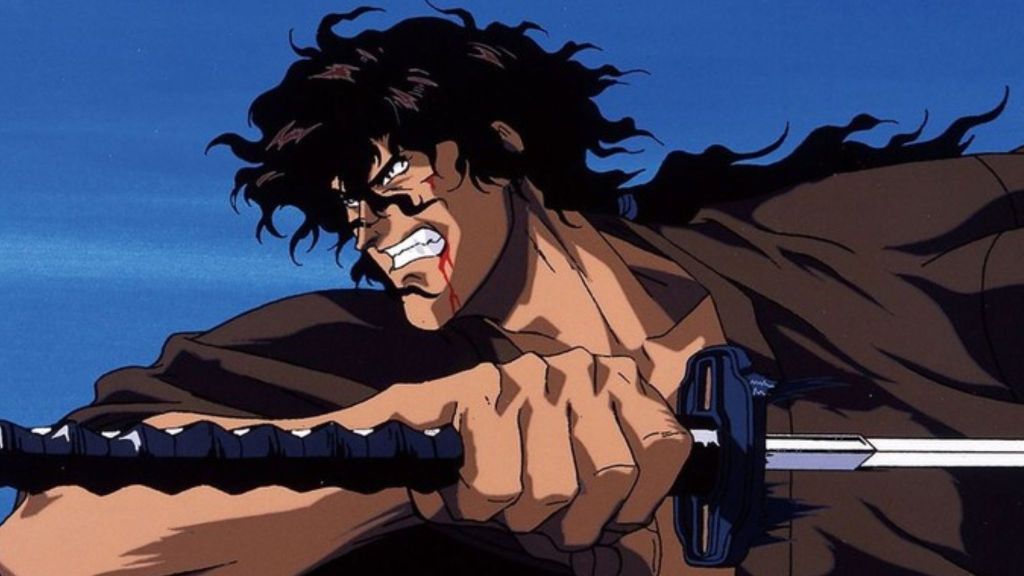
The film was a breakout hit internationally, when it became one of the defining anime movies of the 1990s alongside Akira (1988) and Ghost in the Shell (1995). Set in feudal Japan, Ninja Scroll follows Jubei Kibagami, a wandering swordsman, who is pulled into a conspiracy involving the Eight Devils of Kimon — a group of powerful warriors with supernatural abilities.
Teaming up with Kagero, a poison-infused ninja, and Dakuan, a scheming government spy, Jubei must uncover the Devils’ plot while confronting his own tragic past. Known for its breathtaking animation and intense action, Ninja Scroll is a visceral journey through betrayal and honor. Done right, Ninja Scroll can be the adult action anime event again — still vicious, but smarter and less leering.
3. Roujin Z
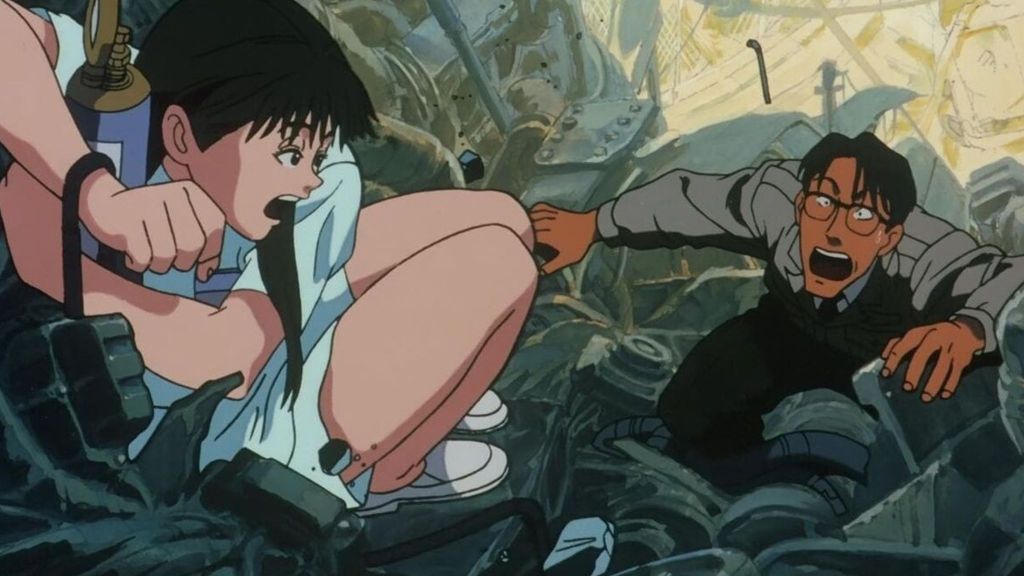
Roujin Z (1991) is a satirical sci-fi anime that explores the unintended consequences of technological progress. Written by Katsuhiro Otomo (Akira), the story revolves around an experimental high-tech hospital bed, the Z-001, designed to care for Japan’s aging population. When the bed is assigned to an elderly man named Kijuro Takazawa, it begins to malfunction, going on a rampage across the city while carrying him along for the ride.
The original’s prescient warnings about surrendering elder care to machines feel chillingly relevant in today’s world. The animation industry is flooded with fantastical escapism, but a revived Roujin Z would offer something far more valuable: a necessary conversation about how we treat our most vulnerable citizens when corporate interests and technological solutions intersect with human care.
2. Memories
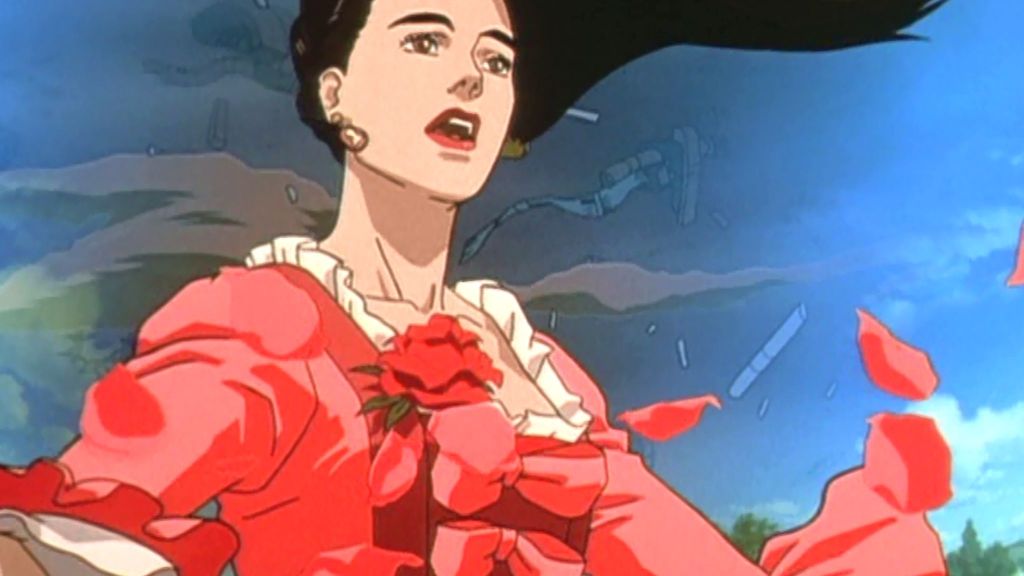
Memories (1995) is a trilogy of thematically diverse sci-fi tales that push the boundaries of anime storytelling. Directed by three masters of the medium — Katsuhiro Otomo (Akira), Koji Morimoto, and Tensai Okamura — the anthology explores vastly different but equally compelling narratives.
Magnetic Rose is a haunting space opera about lost love and obsession, Stink Bomb is a darkly comedic tale of a man whose body becomes a walking bioweapon, and Cannon Fodder is a dystopian allegory about a society ruled by endless war. Each story is unique, yet they share a common thread: the destructive power of humanity’s ambitions and emotions. Memories deserves resurrection because each segment brilliantly explores our relationship with technology through different lenses.
1. Jin-Roh: The Wolf Brigade
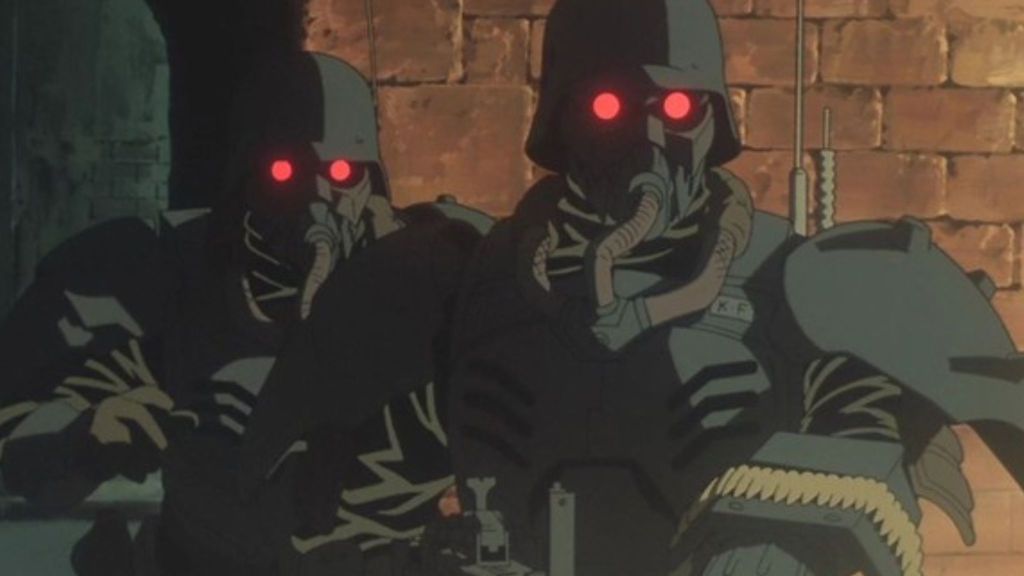
When a society fears its own people, it creates monsters to hunt them. Jin-Roh: The Wolf Brigade (1999) is the haunting tale of those monsters finding their humanity — only to have it torn away again. Jin-Roh follows Kazuki Fuse, a member of an elite police unit in an alternate post-WWII Japan, who hesitates when a young female terrorist detonates a suicide bomb. His encounter with the girl’s sister Kei leads to a forbidden relationship that challenges his loyalty to the “wolf brigade.”
The film deserves a modern reboot because its themes of state surveillance, political manipulation, and the psychological cost of militarized policing are even more relevant today. Mamoru Oshii’s screenplay (directed by Hiroyuki Okiura) creates a world of moral ambiguity that would benefit from today’s visual effects capabilities while maintaining the original’s contemplative approach to violence — something sorely lacking in most contemporary anime adaptations.
What do you think? Leave a comment below and join the conversation now in the ComicBook Forum!
